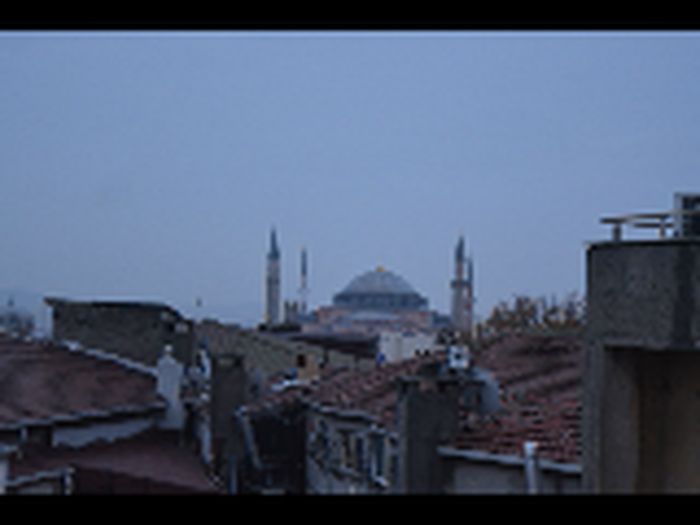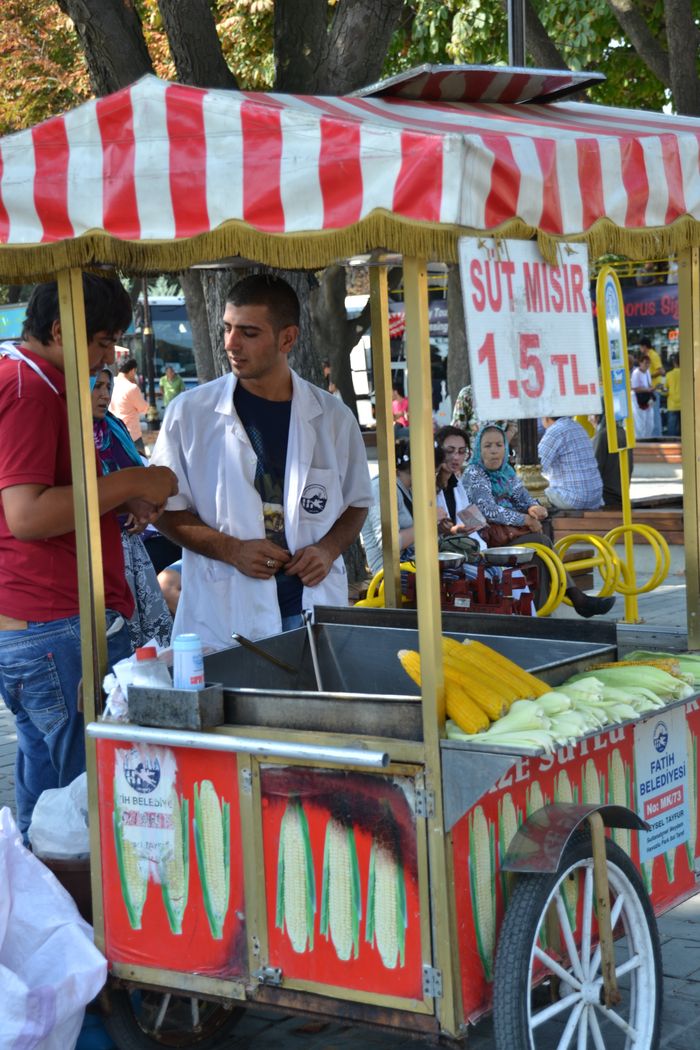147. These two friends were John Xiphilinus, a native of Trebizond, who had been appointed Professor of Law (Nomophylax) in the University of Constantinople reorganized in 1045 and probably John Mauropous, a native of Paphlagonia who was a distinguished scholar and Psellus’s old teacher.
148. Xiphilinus retired to a monastery on Mount Olympus in Bithynia as a monk.
149. A neo-platonic theory.
Extraordinary collapse
150. Hermogenes of Tarsus (c. A.D. 150) was a celebrated sophist and rhetorician. He acquired a great reputation as an orator while still a very young man, but it appears that he was afflicted with some disease that rendered him totally unfit mentally and although he lived to an advanced age he did nothing worthy of note after he was twenty-five. Psellus here obviously refers to this extraordinary collapse of H.’s intellectual powers.
151. I.e. Psellus was tonsured.
152. Theodora had been in retirement and took no interest in state affairs. Her advisers showed great determination and energy at this crisis (Cedrenus, 791C, p. 610).Constantine consulted the leading men of his government and together they decided that the new emperor should be one Nicephorus, governor of Bulgaria. Theodora’s faction quickly cut short their plans. Nicephorus was detained at Salonica and deported.
153. The emperor died on 11 January 1055 and was buried in the monastery of Mangana beside Sclerena.
154. Psellus does not mention Michael Cerularius by name, but the Patriarch was undoubtedly expected to play a leading part. To the surprise of everyone Theodora resisted his claims and appointed her own eunuchs to high office. Among others the future emperor Isaac Comnenus was deprived of his military command and Nicephorus Bryennius, whose execution in the next reign precipitated the generals’ revolt against Michael VI Stratioticus, was sent into exile.
155. Nevertheless, a revolt was plainly imminent. Not only was Cerularius plotting against the regime, but Theodora’s own parsimony alienated the sympathy of the people.
156. Leo Paraspondylus, the protosyncellus (the patriarch’s confidential adviser). Psellus is biased in his judgment of this man.
157. Septuagint, Song of Songs, V, 3.
158. Homer, Odyssey, I, 149.
159. Cf. note 156.
160. I.e. Michael Cerularius. The real trouble was that the Patriarch wanted to be completely free of all control in the ecclesiastical sphere.
161. To the Byzantine writers ‘Naziraean’ is synonymous with ‘monk’. The word is derived from the Hebrew nazir, ‘separate’. Psellus clearly has nothing but contempt for these fighting monks.
162. Psellus knew his Thucydides well. We are told by the Greek historian that the Acarnanians, being semi-civilized, still went about armed in his time (I, 5).
163. Theodora died 31 August 1056, at the age of seventy-six.
Read More about Zoe and Theodora part 68








